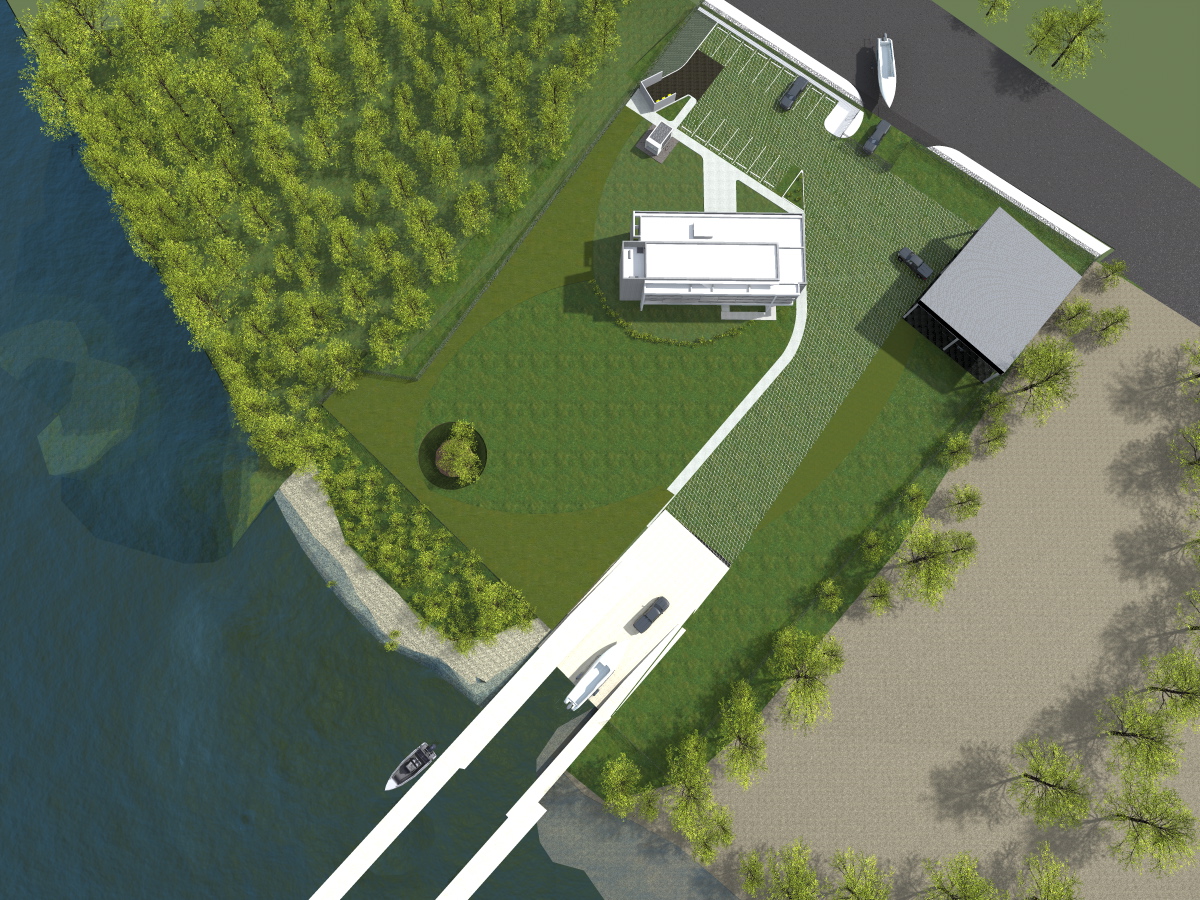
12 Aug Why Sustainable Building Should Still be a Priority in Puerto Rico
The changing environmental, public health, and economic situations of 2020 have undoubtedly launched a series of discussions about change within the construction industry in Puerto Rico, but sustainability has been somewhat overlooked and underserved. Largely due to the predominantly reactive approach in local planning and operations, businesses, government agencies and individuals forget the basic notion that many foreseeable problems can be addressed well before they happen if a more sustainable approach were to be applied.
The benefits of implementing sustainability to new and even existing buildings can yield a myriad of benefits even in a contracted economy, and could help overcome the struggles that have hindered industrial, housing, manufacturing, tourism and other vital sectors needed for a strong comeback.
Firstly, with sustainable construction, costs are greatly reduced. Owners need to educate themselves and partner with firms who understand that ‘green’ doesn’t necessarily mean ‘more green out of the pocket’. Although the exact volume of the market in Puerto Rico is currently hard to estimate, the construction industry as a whole is a $10 trillion industry but its financial struggles can’t be ignored. With its efficiency and rework rate up to 30 percent, smart and functional alternatives are considered to be more than necessary. Sustainable construction can provide great help in that direction. Overall, a green building costs less than a normal building because fewer resources (e.g. water and energy) are required for the completion of the project, materials and processes are better managed and the long-term operating costs can even help pay for the project itself. Moreover, sustainable buildings have great ROI, as the real estate market continues to create gaps between lower-end properties and more exclusive structures, whose buyers are looking for efficiency and reliability in a territory riddled with power and water service fluctuations.
Regardless of the financial, health, and environmental changes taking place, sustainability keeps proving to be much more than a luxury or a ‘nice-to-have’ in a world that requires adaptability and resilience more than ever.
Meanwhile, while the focus has been shifted to the inadequacy of space planning in light of the pandemic, owners must not forget that resilient, sustainable buildings can address health and occupancy issues starting at the design phase. Sustainable buildings can add great health benefits for its occupants and can create new opportunities to build a better culture within it. According to the Environmental Protection Agency, outdoor air is two to five times less polluted than indoor air. Building and furnishing materials, such as paints, cleaning products, and carpets, can be dangerous for human health. The use of sustainable materials can help with the purification of the air and provide long-term benefits, by decreasing healthcare costs for its occupants.
Regardless of the financial, health, and environmental changes taking place, sustainability keeps proving to be much more than a luxury or a ‘nice-to-have’ in a world that requires adaptability and resilience more than ever. Among the plethora of benefits it presents in every stage of a construction project, improved health due to safer materials, increased productivity thanks to better surroundings, and more effective noise protection are only a few. Green buildings can improve life quality. Meanwhile, sustainable construction can be an excellent opportunity for creative experimentation in the industry. New materials are being used and as a result, more innovative techniques are being developed and implemented. Also, Puerto Rico urgently needs to address structure recycling, identify resources, and make the most of what we already have. This can make us an extremely resilient market to watch if done correctly.
Over to you: What do you think about sustainable building and your progress in Puerto Rico? Would your organization like to be part of the change? Contact us to learn more.

